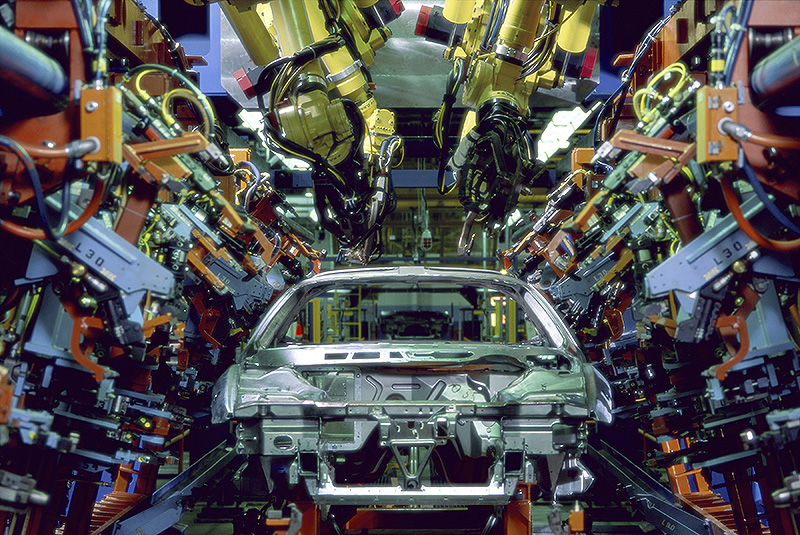Recalling Recalls
Pretty much any product you can purchase–food, a car seat, or medicine, for example–can be subject to a recall. This means that a significant and hazardous defect in the product has been identified and and action is taken by the company to alert the public that a particular product might cause injury or damage.
Last month, defective automobile airbags made by the Japanese company Takata triggered a recall of nearly 34 million vehicles. This made this recall the largest in industrial history. 2014 was a record year for recalls (nearly double the previous record of 2004). In an effort to understand what is involved and the impact, btw takes a deeper look.
Types
- Automotive – The U.S. Department of Transportation’s National Traffic Safety Administration (NHTSA) is responsible for setting the safety standards in the United States. Its Office of Defects Investigation reviews consumer complaints to determine if a pattern emerges and then opens an official investigation if appropriate. Sometimes the automotive companies will initiate a recall on their own. This typically involves contacting owners via mail or phone to bring their vehicle into the dealership’s service department.
- Pharmaceuticals – Like the NHTSA, the U.S. Food and Drug Administration (FDA) respond to complains, launch investigations (called a “health hazard evaluation”), and issues public warnings about food and medicine at risk of causing harm to people and/or animals. The FDA works with partners in the industry to alert the public.
- Food – Threat of bacteria–mainly E. Coli, salmonella, and listeria–is the biggest concern in recalls of food. Some of the biggest cases have involved meat, vegetables, dairy products, and peanuts. Unlike automobiles, it is impossible to directly contact every consumer. Announcement of the recall is made via the media, where the public is advised to either dispose of the item or return it to the place purchased for a refund.
- Products – The Consumer Product Safety Commission (CPSC) handles recalls on many items that are not included above. The most common recalls are for childrens products (car seats, toys, and cribs), medicine, tools (like electric screwdrivers, saws, and hammers), and products for your home and garden. You can stay informed of the latest recalls across most major consumer items by regularly visiting www.recalls.gov.
Effects
The cost of recalls is high and widespread. For the recalling companies, there is the economic impact of a major loss of inventory, potential legal costs, notification expenses, future loss of sales, as well as any public relations needed to restore a brand’s reputation. This can add up to several million dollars. The cost of this usually gets passed on to future consumer by way of higher prices on products. (And that could lead to more bad will by itself.)
Some blame the occurrence of recent recalls on members of Congress and government regulators who could be too lenient with automakers. Perhaps they are afraid to lose the valuable industry for their state citizens. Others say that the reason for the recent years’ increase in recalls is more positive–an increased commitment to safety.

